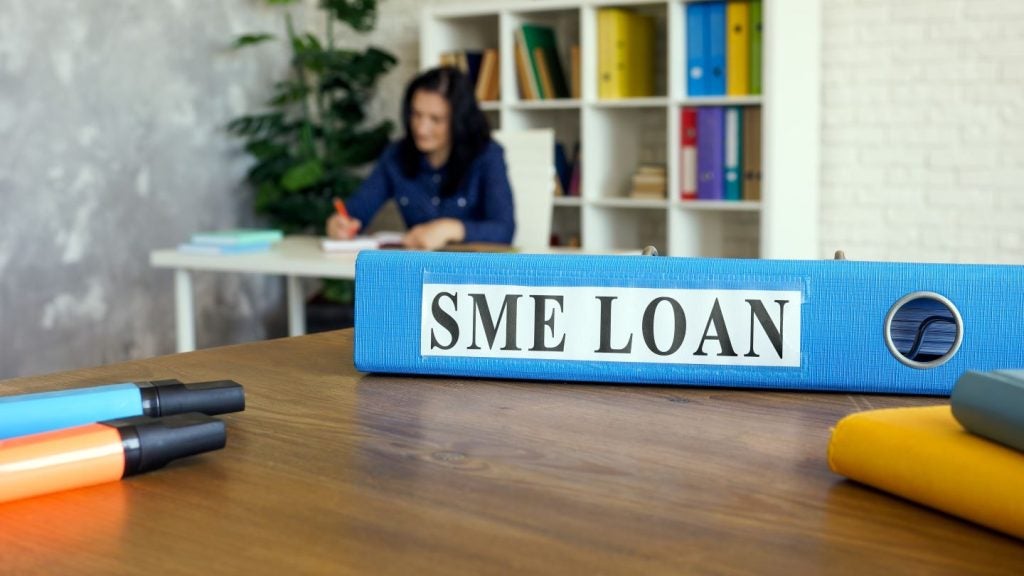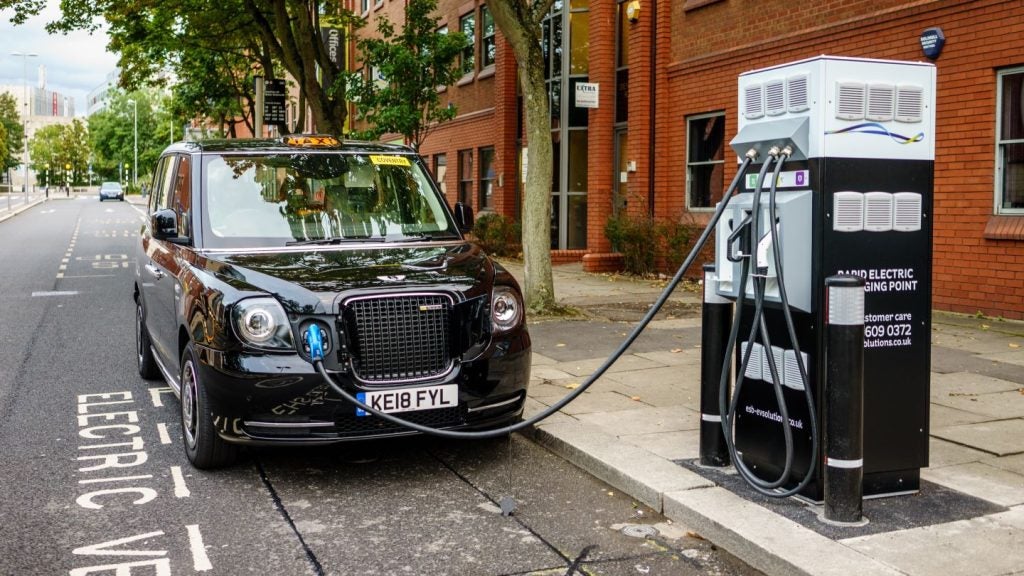The protectionist tariffs imposed by Donald Trump on importers of washing machines and solar panels in the United States could potentially save a distressed lessee of the SQN Asset Finance Fund.
In April last year, the fund’s managers SQN Capital Management disclosed that they were exposed to a $29.9m loss to the fund, 6.8% of its total capital, as lessee Suniva faced a hard downturn in the US solar panel market.
Then in September, SQN said it was confident that a US government response to protect domestic suppliers would mean that Suniva, which had filed for protective bankruptcy, would be able to improve its business and pay back its debts.
The tariffs announced by the White House will take effect within 15 days and start at a rate of 30% and decline 5% per year over four years – figures that were listed in the protective bankruptcy papers.
SQN wrote to Leasing Life: “This action, which closed the loopholes in the recommendations made by the International Trade Commission (ITC), is intended to restore a fair and competitive market and recognizes the vital function enterprises like Suniva contribute to US energy independence and national security.
“Not only is this a positive outcome for Suniva, it is a crucial step toward broader trade discussions which could bring further benefit to the industry and Suniva, specifically.”
How well do you really know your competitors?
Access the most comprehensive Company Profiles on the market, powered by GlobalData. Save hours of research. Gain competitive edge.

Thank you!
Your download email will arrive shortly
Not ready to buy yet? Download a free sample
We are confident about the unique quality of our Company Profiles. However, we want you to make the most beneficial decision for your business, so we offer a free sample that you can download by submitting the below form
By GlobalDataThe U.S. Trade Representative provided the following statement: “The U.S. Trade Representative will engage in discussions among interested parties that could lead to positive resolution of the separate antidumping and countervailing duty measures currently imposed on Chinese solar products and U.S. polysilicon. The goal of those discussions must be fair and sustainable trade throughout the whole solar energy value chain, which would benefit U.S. producers, workers, and consumers.”
SQN added: “The quota of 2.5Gw per year of imports is an acceptable level given the size of the US market and the current domestic manufacturing capacity. These tariffs should pave the way for Suniva to be in a position to repay SQN’s investment.”







